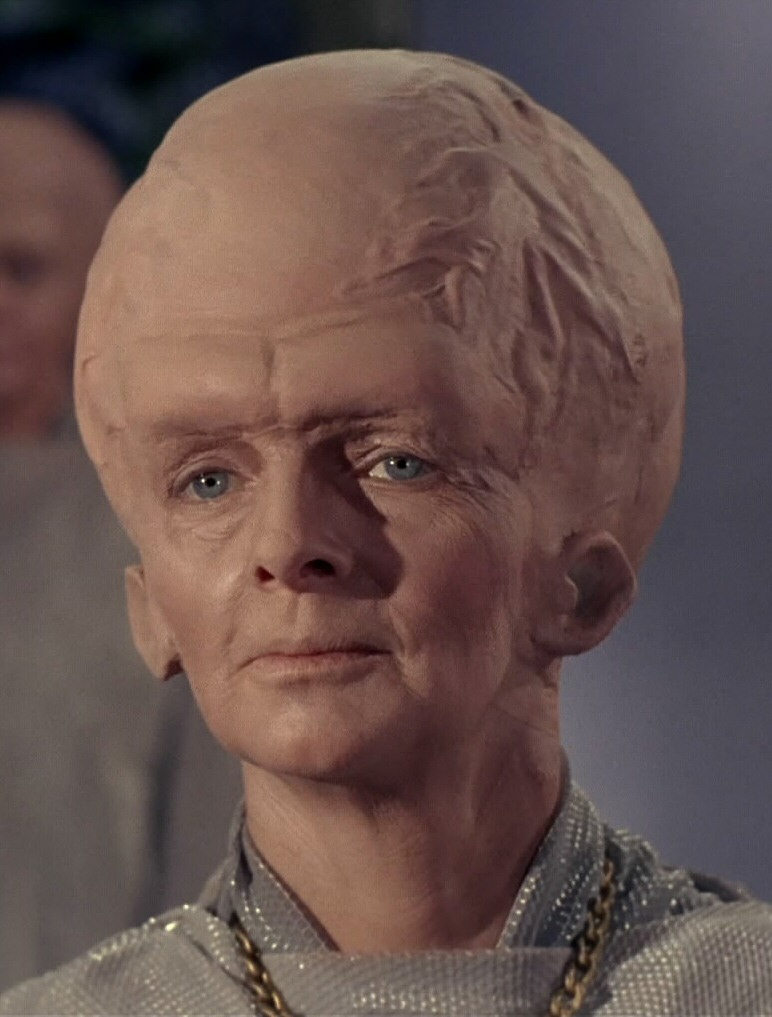The last few days, I’ve been pondering the state of the world, which is never a good idea.
“Let us realize the arc of the moral universe is long, but it bends toward justice.”
— Martin Luther King Jr.
(You can read an explanation for where the quote originates here.)
I think this quote is probably the one that best fits my current thinking–that over time, things improve, but the arc is long, so long we may not see it bending in a meaningful way. In other words, progress is slow enough to feel like there is none, even when there is.
Which is where I think we are now.
We live on a planet abundant with resources, enough to ensure everyone could have a home, food and health care, yet the reality is remarkably different, because we fight each other, we hate each other, we refuse to share, to look beyond ourselves, and when systems become corrupt, we shrug and accept them as just the way things are.
We can push back in our own individual ways–by supporting progressive causes, by being kind and generous, by setting an example for others to emulate–and these things help. They very gently bend that moral arc. Sometimes we see tangible signs of it, but often we don’t. Or worse, we see the progress stripped away, as is happening now in the U.S., which seems to be an empire going through first slow, and now rapid decline.
In terms of evolution, I feel we’re still pretty primitive as a species. We think we are sophisticated and smart–we went to the moon! We invented the nuclear bomb (the tech is impressive, even if the results are monstrous)! We’ve made incredible advances in medicine in the last century! But speaking of the last century, check out that body count. We’ve also gotten much better at killing each other–again, for nothing of material substance, since there are resources enough for all. Why? Because men (it’s almost always men) lust for power, seek conquest, and rally others to join them in their bloody dreams.
And we follow, because we’re pretty dumb. Dumb and still largely self-centred. You could argue the latter is a vestige of our survival instincts, much as a house cat doesn’t need to hunt mice to survive, but still does, anyway. I feel that’s pretty accurate. And what it means is we still need to evolve past these instincts, and that is the kind of thing that doesn’t happen in a generation or two.
Ultimately, assuming we survive as a species (see: climate change, among other existential threats) I think we’ll get there, but I’ve dispensed with the notion that real, substantive change will occur in my lifetime. The arc will bend noticeably in a few thousand years, when we have had enough time to physically evolve our minds. We won’t be throbby-veined giant heads like on Star Trek, but we’ll be smarter and more compassionate than we are now, and all societies across the world will be better as a result.
Here’s hoping, anyway.

UPDATE: Just for fun, I thought I’d kill a lake (sorry!) and have an LLM summarize the above. Here it is:
The text reflects on humanity's slow progress toward justice and improvement, invoking Martin Luther King Jr.'s quote, "The arc of the moral universe is long, but it bends toward justice." The author acknowledges that while societal resources could support all, selfishness, hatred, and systemic corruption hinder equitable distribution. They view human evolution as primitive, marked by self-centeredness and power struggles, despite significant achievements like space exploration and medical advancements.
The narrative highlights ongoing challenges, such as climate change and societal decline, especially in the U.S., and expresses skepticism about substantive change occurring within a lifetime. Instead, the author envisions a future thousands of years away where humanity evolves toward greater intelligence and compassion, leading to global societal improvement. They remain cautiously optimistic about this distant hope.

